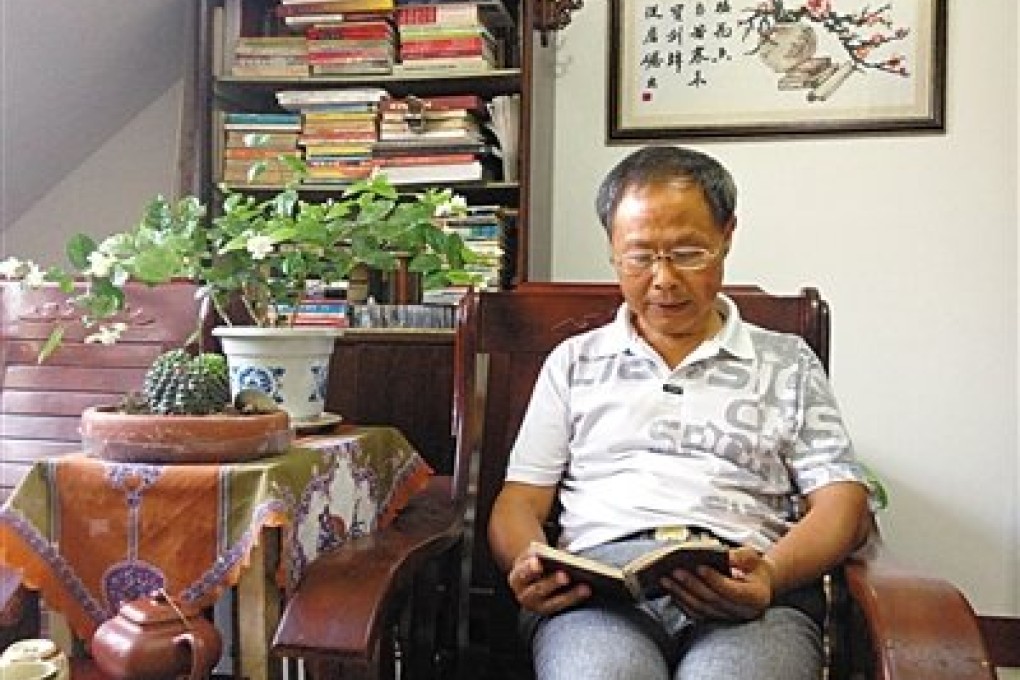Former Red Guard regrets causing mother's death during Cultural Revolution
Zhang Hongbing accused his mother of counter-revolutionary talk

A former Red Guard is seeking repentance for accusing his mother of being a “counter-revolutionary” during the Cultural Revolution - an act that led to her execution.
Zhang Hongbing is a 60-year-old lawyer from Anhui province and a far cry from the young boy who accused his mother of anti-Maoist comments 46 years ago. Two months after the accusation, his mother was executed by firing squad, and Zhang has lived a life of regret ever since.
Originally a member of the Red Guard, a social movement of young people organised during the Cultural Revolution, Zhang denounced his mother in 1970 after she criticised Mao Zedong’s policies, burned a picture of the Chinese leader and expressed support for Liu Shaoqi, former Chinese head of state and one of Mao’s political rivals. He was 16 at the time.
“I was shocked that the very image of her in my mind completely changed,” Zhang said. “In my eyes, she was no longer my mother, but an enemy.”

“At that time, my mind was a mess,” Zhang told The Beijing News. “I did not regret my actions but felt only that…I must stand firm [in my decision]… In that era, we had all been coerced into an atmosphere where we could not run even if we wanted to.”